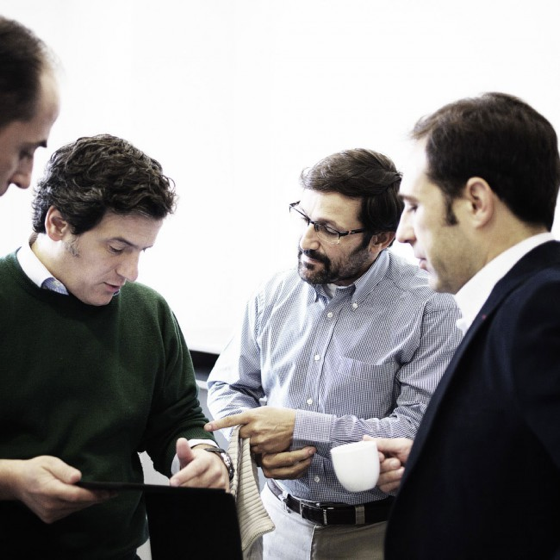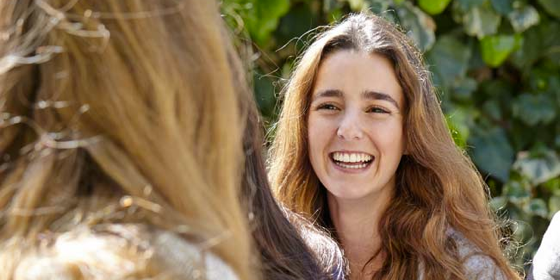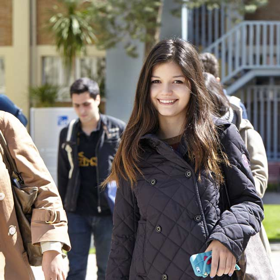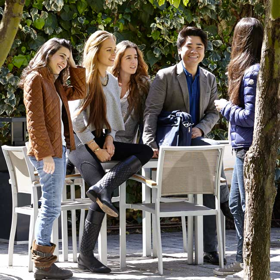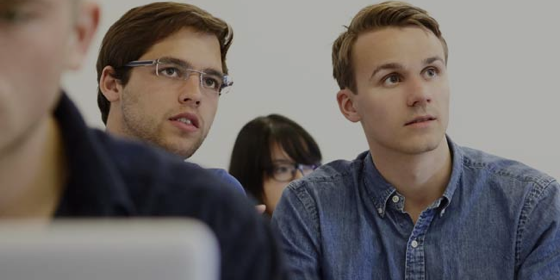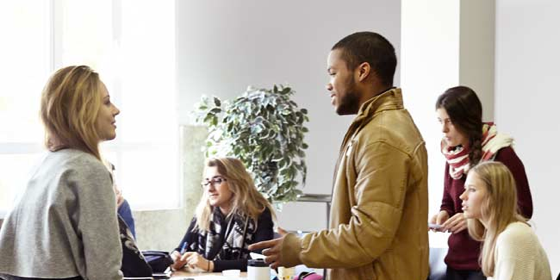Diverse Teams Feel Less Comfortable - and That's Why They Perform Better - Boston
Let's explore the science of human behavior and the dynamics of teams.
We invite you to join us to:
●Understand the origin of in-group and out-group phenomenon, and how it works in the brain
●Understand the dynamics of homogenous versus diverse groups
●Learn how to leverage these dynamics to maximize team effectiveness
Increasingly, businesses are embracing diversity and inclusion as a means of forging a sustainable future. Under increasing scrutiny, and mindful of the benefits of diversity on the bottom line, many companies are trying to recruit and retain a more diverse workforce. Success has so far been marginal. With so much at stake, why aren’t these companies making more headway?
With our special guest, Patricio Ramal and Dr. Kamila E. Sip, we will explore the science of human behavior and the dynamics of teams, which question the assumptions about what makes diverse groups perform better than homogenous groups. We will review how measures that are counterintuitive to many organizations today, can help build more effective and better-performing teams.
We are very excited to be hosting this event in collaboration with NeuroLeadership Institute.
Our speakers

Research and Solutions Consultant & Facilitator, NeuroLeadership Institute & IE Alumni
Patricio brings more than 20 years of combined experience in consulting, leadership and management in highly demanding organizations because of his corporate experience in Procter & Gamble, Coca-Cola and Saatchi & Saatchi. At the age of 24, he landed his first faculty position. Since then he has taught in top universities which includes Parson’s School of Design, Universidad Panamericana and IBERO.

Senior Researcher and a Lead Professor at the Neuroleadership Institute
As a neuroscientist with versatile expertise combining the fields of psychology, psychiatry, and behavioral economics, she has gained invaluable insight into the neural mechanisms that govern human behavior. In the course of her training, she developed a neurocognitive framework for investigating deception experimentally, bridging her training in human communication with psychology and neuroscience.
Share event
